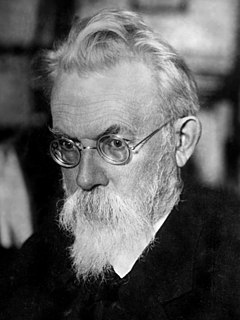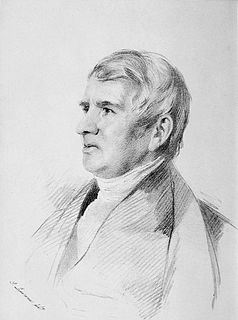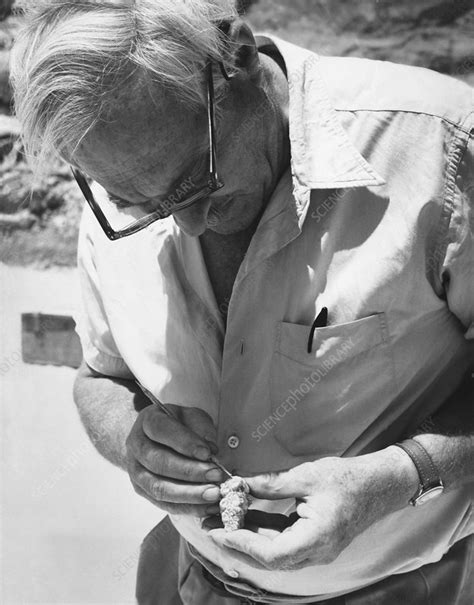A Quote by David Grinspoon
Earth's biosphere gave birth to humans and our thoughts, which are now reshaping its planetary cycles. A planet with brains? Fancy that.
Related Quotes
The radiations that pour upon the earth cause the biosphere to take on properties unknown to lifeless planetary surfaces, and thus transform the face of the earth. Activated by radiation, the matter of the biosphere collects and redistributes solar energy, and converts it ultimately into free energy capable of doing work on earth.
We are the intelligent elite among animal life on earth and whatever our mistakes, [Earth] needs us. This may seem an odd statement after all that I have said about the way 20th century humans became almost a planetary disease organism. But it has taken [Earth] 2.5 billion years to evolve an animal that can think and communicate its thoughts. If we become extinct she has little chance of evolving another.
We need a change in consciousness to go with this technology platform. We need a new narrative: we need to shift from geopolitics to biosphere consciousness in one generation. The biosphere is understood here as what goes from the biosphere to the depths of the ocean 40 miles where all living beings interact with all chemicals to create a very complex choreography that we call "life on earth". That is biosphere that is our indivisible community.
So far as we know, Earth is the only planet which supports life, and it is the only planet on which we can survive. Our bodies and our minds are fashioned by it. Our hearts resonate with it. There will be little joy for the human spirit if we destroy the natural fabric of Earth with nothing left to do but go shopping. When we imagine the world a century from now, when we look our great grandchildren in the eye and see them smiling back at us because they know we cared for them, we smile too!
Humans are remarkable: the first species in almost four billion years of life on earth that dominates the biosphere. This gives us the power, in principle, to build societies in which everyone flourishes. But it also creates great dangers because it is not clear that we really understand how to use our potentially devastating powers.
There has been evidence throughout history of cycles when the earth gets warmer and cycles when the earth gets colder. We should always be wise stewards of the earth and all of our natural resources. But as a policymaker, I won't be guided by the global warming propaganda machine. Al Gore - we need you to return your Nobel Peace Prize!
In the Gaia theory air, water, and soil are major components of one central organism, planet Earth. What we typically think of as life - the plants and animals that inhabit the earth - has evolved merely to regulate the chemistry of the biosphere. Humans are insignificant participants, far less important to the life cycle than termites. Even the imbalance that we have created by adding massive quantities of carbon dioxide to the atmosphere may be brought back to acceptable levels by other organisms functioning in their capacity to correct excesses.
Humans aren't as good as we should be in our capacity to empathize with feelings and thoughts of others, be they humans or other animals on Earth. So maybe part of our formal education should be training in empathy. Imagine how different the world would be if, in fact, that were 'reading, writing, arithmetic, empathy.'
































